
Selected reviews about elderly care communities
Selected reviews about elderly care communities offer valuable insights into the experiences of residents and their families. These reviews can highlight the strengths and weaknesses of different communities, helping you make an informed decision when choosing the right care for your loved one.
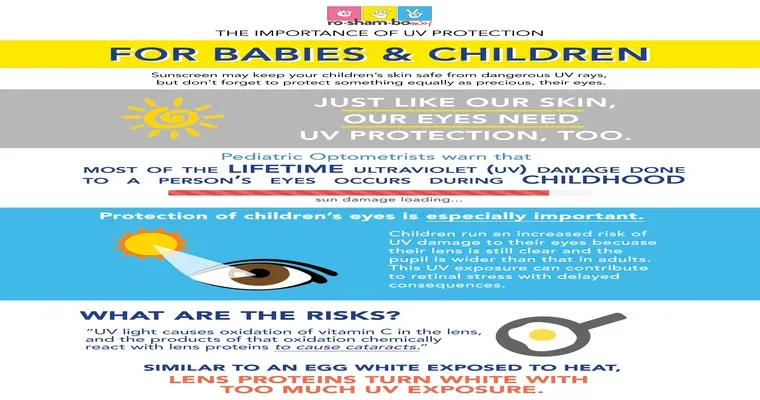
Your Eyes Need Sun Protection, Too
Eyes are vulnerable to UV radiation, which can lead to various eye conditions, including cataracts and macular degeneration. Protecting your eyes with sunglasses that block 100% of UVA and UVB rays is essential. Wide-brimmed hats can also provide additional shade, ensuring comprehensive protection from harmful sunlight. Prioritizing eye health is crucial.
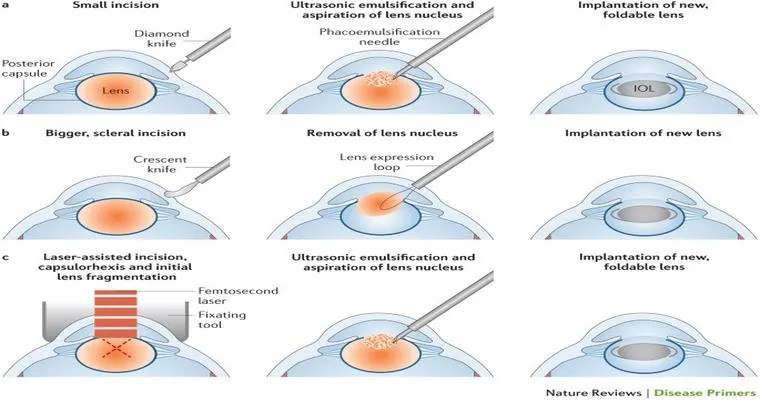
Treating Cataracts May Slow Cognitive Decline
Recent research suggests that treating cataracts can have a positive impact on cognitive health. By improving vision, individuals may experience enhanced quality of life and increased engagement in social activities, which in turn may help slow cognitive decline. This highlights the interconnectedness of sensory health and mental functioning.
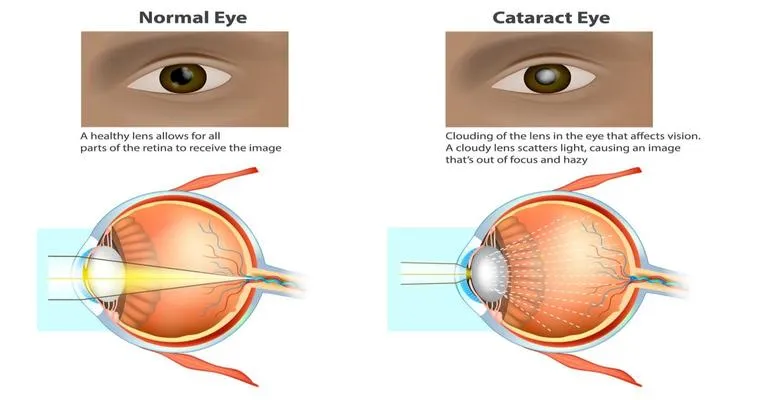
Cataracts: Signs, Symptoms and Diagnosis
Cataracts are clouding of the eye's lens, leading to blurred vision and difficulty with glare and night vision. Common signs include faded colors and double vision. Diagnosis involves a comprehensive eye exam, where an eye care professional assesses lens clarity and overall eye health to determine the presence and severity of cataracts.
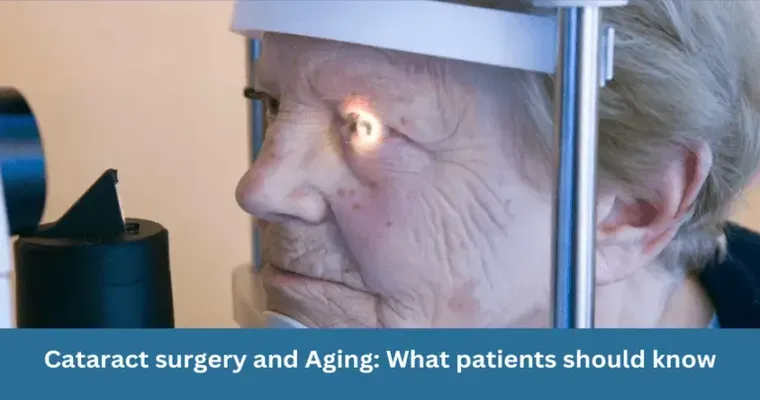
What to Expect When an Elderly Loved One Has Cataract Surgery
Cataract surgery for an elderly loved one typically involves a brief outpatient procedure to remove the cloudy lens and replace it with an artificial one. Recovery may include mild discomfort and temporary vision changes. It's important to provide support during the healing process, ensuring they follow post-operative care instructions for optimal recovery.
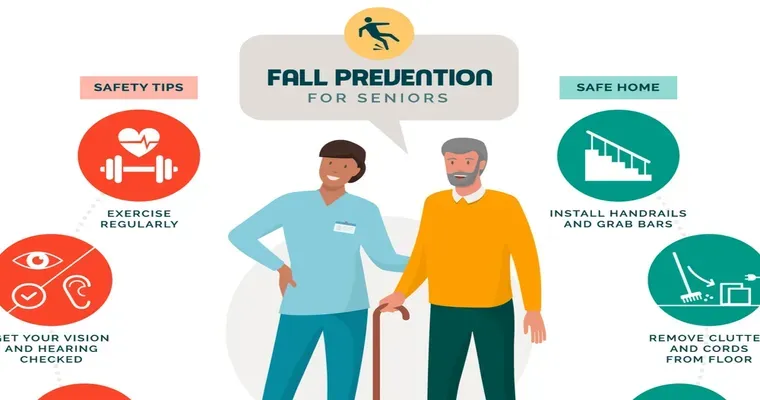
Removing Cataracts Reduces Fall Risk in the Elderly
Removing cataracts significantly decreases fall risk among the elderly by improving vision clarity and depth perception. Enhanced visual acuity allows seniors to navigate their environments more safely, reducing the likelihood of accidents and injuries. This surgical intervention not only restores sight but also promotes greater independence and overall well-being.
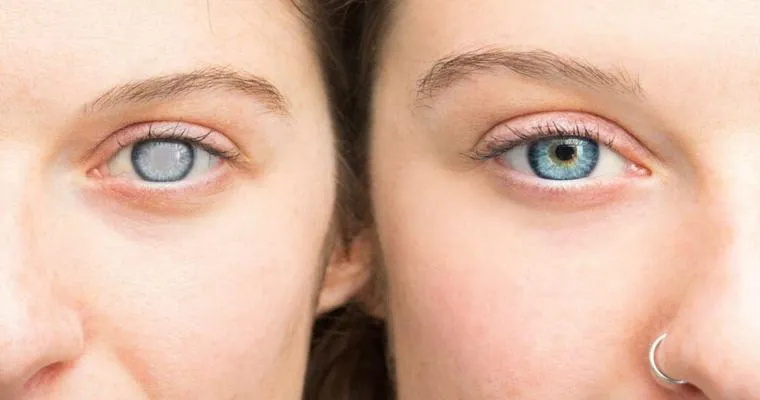
Cataracts: Getting the Big Picture (and a Clearer One, Too)
Cataracts are a common eye condition characterized by clouding of the lens, leading to blurred vision and difficulty seeing at night. This condition often develops gradually and can affect daily activities. Treatment options, including surgery, can restore clarity and improve quality of life for those affected. Regular eye exams are essential for early detection.

Update on Mark's care plans.
Mark's care plans have been revised to enhance his recovery process. New therapies and support services are being implemented to address his specific needs. Regular assessments will ensure that his progress is monitored closely, allowing for adjustments as necessary to optimize his overall well-being and health outcomes.

In deep. Swimming to shore.
In Deep: Swimming to Shore explores the emotional and physical challenges of navigating life's turbulent waters. It follows an individual's journey through despair and resilience, highlighting moments of introspection and growth. As they strive to reach the safety of shore, the narrative emphasizes the importance of hope and determination in overcoming obstacles.

Caregiving for those who have no one.
Caregiving for those without support involves providing essential assistance and companionship to individuals who may be isolated or alone. This role encompasses emotional support, daily living activities, and advocacy for their needs. It fosters a sense of community, ensuring that even the most vulnerable individuals experience dignity, care, and connection in their lives.
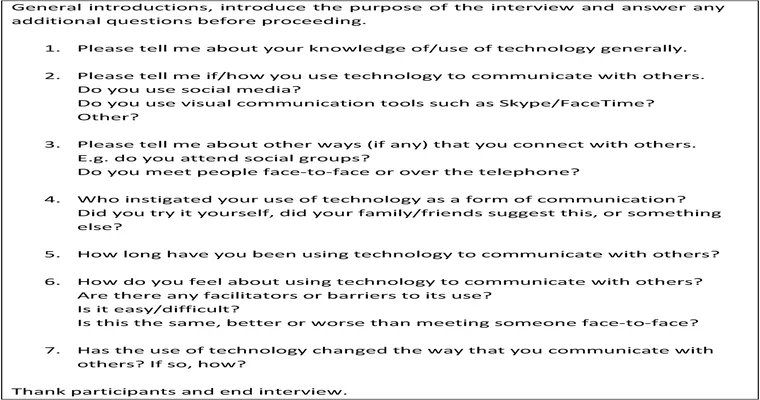
How do we not become so set in are ways as we age?
As we age, staying open-minded is essential for personal growth. Embracing new experiences, seeking diverse perspectives, and cultivating curiosity can help prevent rigidity. Engaging in lifelong learning, fostering relationships with different generations, and reflecting on our beliefs encourage adaptability and resilience, allowing us to navigate change with grace.

Strategies for Getting (and Staying) Organized While Caregiving
Effective caregiving requires strong organizational skills. To stay organized, create a daily schedule, prioritize tasks, and utilize technology for reminders. Set up a designated space for supplies and documents, and communicate openly with family members for support. Regularly reassess your system to adapt to changing needs and maintain balance.

4 Caregiving Essentials
Effective caregiving hinges on communication, empathy, organization, and self-care. Open dialogue fosters trust and understanding, while empathy ensures emotional support. Staying organized helps manage tasks and schedules efficiently, and prioritizing self-care is crucial for caregivers to maintain their well-being, enabling them to provide the best possible care for those they support.
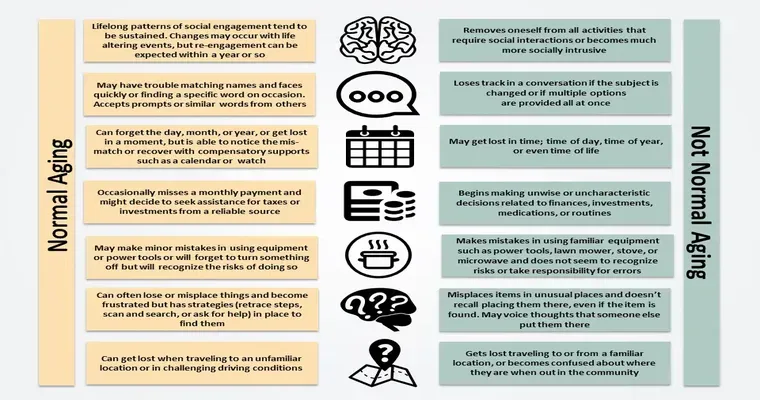
Dementia Caregiving Tips from Teepa Snow
Teepa Snow emphasizes understanding the individual needs of those with dementia, promoting a person-centered approach. Caregivers should practice patience, use clear communication, and engage in meaningful activities. Creating a supportive environment enhances comfort and connection, fostering dignity and respect while navigating the challenges of caregiving.
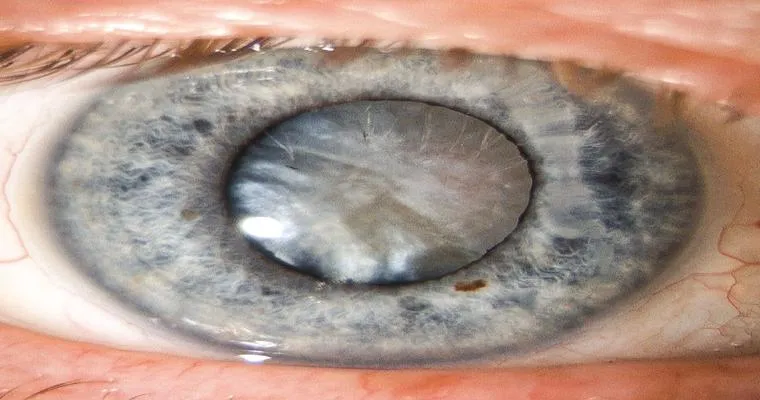
Cataract surgery issues.
Cataract surgery can encounter various issues, including complications like infection, bleeding, or retinal detachment. Patients may experience postoperative discomfort, vision fluctuations, or prolonged healing. In some cases, incomplete removal of the cataract can lead to persistent cloudiness. Regular follow-ups are essential to monitor recovery and address any concerns promptly.

Need some prayers for patience with high maintenance Mom's expectations and fears
Navigating the complexities of a high-maintenance mother's expectations can be challenging. Balancing her fears with your own needs often requires immense patience and understanding. Seeking prayers for strength and serenity can provide the support needed to manage this intricate relationship while maintaining personal well-being and peace of mind.

Is there any one here looking for answers on caring for yourself?
Many individuals seek guidance on self-care, recognizing the importance of prioritizing their well-being. Whether it's managing stress, cultivating healthy habits, or fostering mental health, understanding the various aspects of self-care can empower people to lead healthier, more balanced lives. Exploring these topics can provide valuable insights and practical strategies.

Tragic end to caregiving
The journey of caregiving often culminates in heart-wrenching loss. As caregivers pour their hearts into supporting loved ones, they face emotional and physical exhaustion. When the inevitable farewell arrives, it leaves a profound emptiness, marking the end of a deeply personal and transformative experience that forever alters their lives.

I just want to thank everyone posting. It's given me strength.
I want to express my heartfelt gratitude to everyone who has shared their thoughts and experiences. Your words have provided me with immense strength and comfort during challenging times. Knowing that I'm not alone in this journey has made a significant difference, and I truly appreciate each and every one of you.
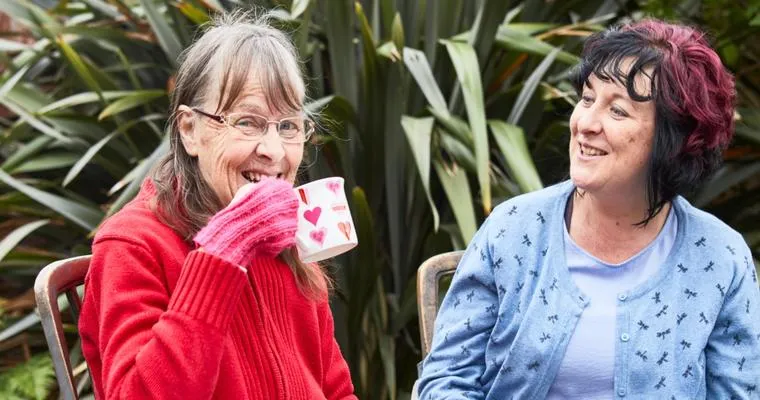
Hello I’m Caroline and I’m worried about my 74 year old mum.
Caroline expresses her concerns for her 74-year-old mother, highlighting the challenges of aging and the emotional weight that comes with it. She seeks guidance and support to ensure her mother’s well-being, navigating the complexities of health, independence, and the deep bond they share as they face this stage of life together.

Why am I struggling so much with having my mom live with me?
Living with my mom has become challenging due to the clash of our routines and differing lifestyles. I feel overwhelmed by the responsibility of caregiving, while also navigating my own personal space and independence. This struggle brings feelings of guilt and frustration as I try to balance our needs.
Page 107 of 134